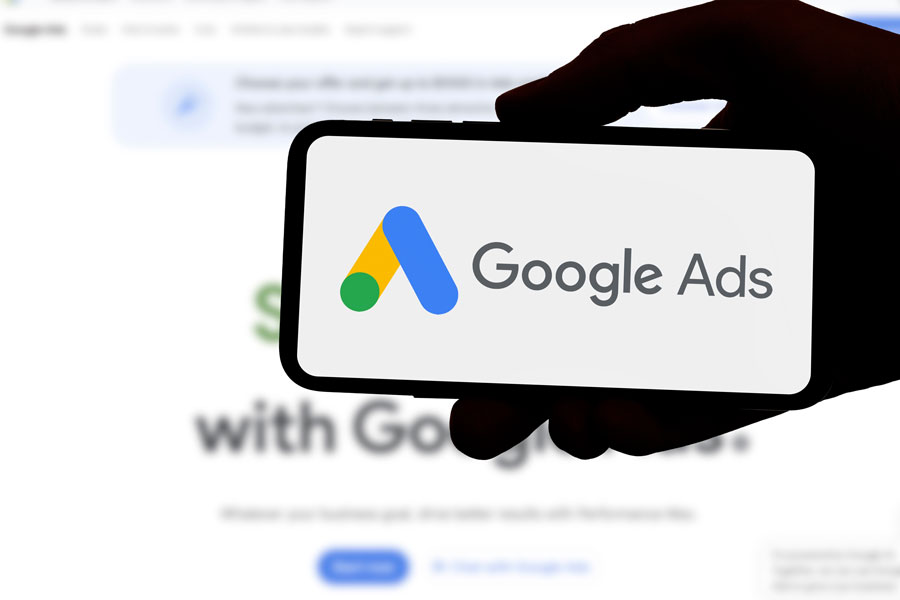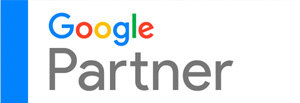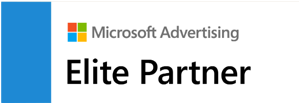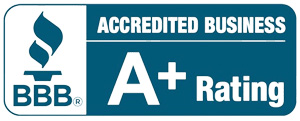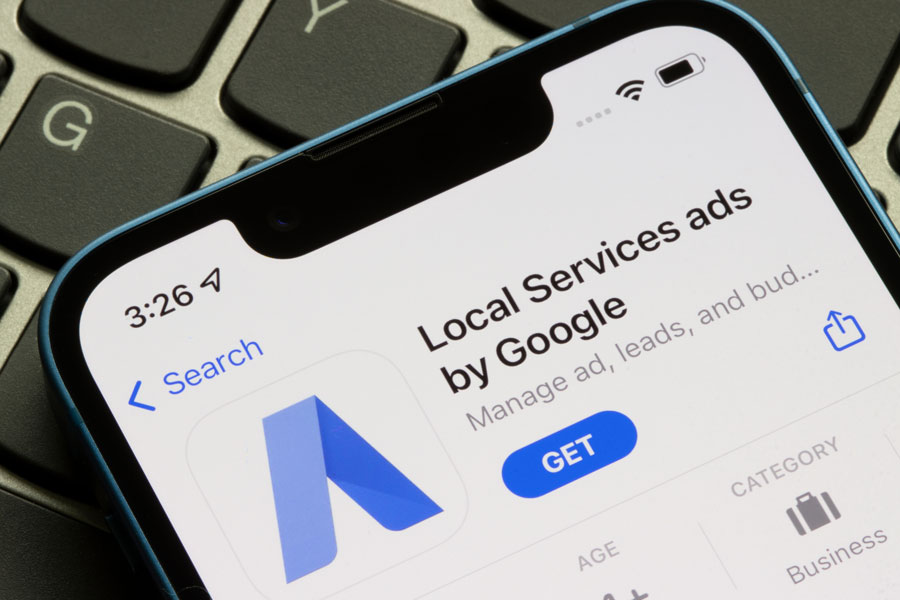
WEST PALM BEACH, FL – In a move to simplify and strengthen trust signals for local advertisers, Google has announced that beginning October 20, 2025, all Local Services Ads (LSAs) will adopt a single, unified Google Verified badge. The change marks the retirement of legacy badges such as Google Guaranteed, Google Screened, and License Verified by Google, along with the discontinuation of the associated Money Back Guarantee program.
This consolidation is designed to offer a cleaner and more coherent trust signal to consumers while retaining the integrity of Google’s verification process.
What’s Changing (and What’s Staying)
The New Badge
- The Google Verified badge will replace all existing LSA badges.
- On profile pages, the badge will appear alongside specific verification checks a business has passed (for example: license verification, background checks, insurance).
- The badge may also dynamically appear on other Google surfaces (outside of the LSA profile) if Google predicts it will help consumer decision making.

What’s Going Away
- The Google Guaranteed badge and its Money Back Guarantee will be discontinued effective October 20, 2025.
- Badges like Google Screened and License Verified by Google will also be retired.

That means the financial reimbursement safety net once tied to Google Guaranteed (in certain cases) will no longer be available.
What Remains Secure
- Ranking, lead delivery, and billing are not supposed to be affected by this transition. Google has stated it is a visual/branding change rather than algorithmic.
- Advertisers who are already verified will automatically receive the new badge — no extra action required.
- New advertisers will need to undergo the same screening and verification steps in their selected business vertical and location to earn the badge.
Why Google Is Doing This (And What It Signals)
Google’s change is rooted in the idea of simplification and clarity. Having multiple badges led to consumer confusion: what’s the difference between Guaranteed, Screened, or License Verified? Which one should a customer trust more? By unifying them, Google aims to send a single, consistent message of credibility.
Supporting this move, several industry voices and marketing agencies have praised the shift as “customer-first” and long overdue.

At the same time, the removal of the Money Back Guarantee may force businesses to lean more heavily on reviews, reputation, and service quality as differentiators. Without a “guarantee” safety net, potential customers will likely scrutinize star ratings and testimonials more carefully.
What Advertisers Should Do Now
Although no direct action is required for verified advertisers, here’s a checklist to ensure a smooth transition and preserve trust:
| Action | Why It Matters |
|---|---|
| Update your marketing collateral | Remove references to “Google Guaranteed” or “Money Back Guarantee” from websites, brochures, or ad copy so you don’t mislead customers post-launch. |
| Double-check verification status | Ensure your business profile, licenses, background checks, and insurance documents are current and in order. |
| Highlight strong reviews | With the guarantee gone, positive reviews and case studies will carry more weight with new prospects. |
| Monitor metrics closely | After October 20, watch for shifts in click-through rates (CTR), conversion rates, and lead quality — the badge change may subtly influence user behavior. |
| Educate your team or clients | Make sure sales, support, and content folks understand what the badge change means so they can answer questions confidently. |
Potential Impacts & Risks
- Customer Perception: Some customers might initially interpret the shift as a downgrade in protection or credibility. Businesses need to communicate the value behind “Verified.”
- Increased Pressure: Because the badge carries no financial guarantee, businesses with weaker reputations may see more cancellation, scrutiny, or lower conversion rates.
- Greater Weight on Reviews: With fewer direct trust guarantees, star ratings, before/after photos, and customer feedback are likely to play a more decisive role.
- Competing on Trust: Businesses that proactively promote their verification status, respond to reviews, and maintain strong service quality may gain a competitive advantage.





